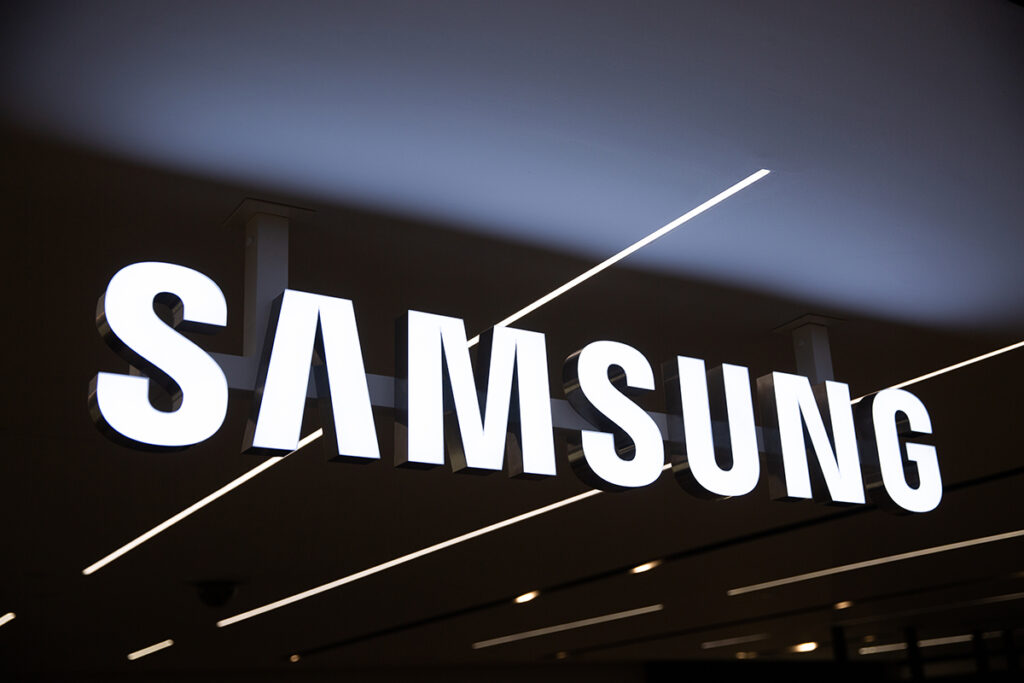Samsung Electronics Chairman Jay Y. Lee was acquitted of fraud and stock manipulation charges by a Seoul appeals court on Monday, marking a significant legal victory that clears lingering legal risks surrounding his leadership of the global tech giant. The ruling upheld a previous lower court decision that dismissed allegations related to a controversial 2015 merger that prosecutors argued was designed to solidify Lee’s control over Samsung.
The court determined that while Samsung BioLogics engaged in inappropriate accounting practices, these actions reflected financial realities and followed rational processes. Prosecutors had sought a five-year prison sentence, citing a separate ruling that found Samsung BioLogics overstated its assets to justify the merger. However, the court dismissed claims that the merger caused financial harm to Samsung C&T shareholders. It remains uncertain whether the prosecution will appeal the decision to the Supreme Court.
Clearing Legal Barriers, but Business Challenges Remain
Lee’s acquittal eliminates a long-standing legal hurdle that has loomed over his leadership at Samsung Electronics. As the world’s leading producer of memory chips and smartphones, Samsung is grappling with mounting challenges, including declining AI chip sales and intensifying competition. Despite this legal victory, Lee now faces increasing pressure to prove his leadership skills and drive the company toward greater financial success.
Following the court’s decision, Samsung shares dropped by 2.7%, reflecting investor concerns over the company’s ongoing market struggles. The conglomerate has been losing ground to smaller rival SK Hynix in supplying high-bandwidth memory (HBM) chips to Nvidia’s AI-powered graphics processing units. As a result, Samsung is currently missing out on a major share of the booming AI semiconductor market.
Lingering Controversy and Investor Backlash
The ruling has sparked criticism from civic groups, with concerns that it demonstrates judicial leniency toward Lee. Critics argue that the court disregarded past legal findings related to the merger and that the decision unfairly favors Lee’s consolidation of power at the expense of other investors, including South Korea’s National Pension Service.
The controversial 2015 merger between Samsung C&T and Cheil Industries had previously faced significant opposition from investors, including US hedge fund Elliott. In 2023, the South Korean government was ordered to pay $108.5 million to Elliott, which sued over the role of the National Pension Service in approving the deal. That same year, the pension fund, which was once the largest shareholder in Samsung C&T, filed a lawsuit against Lee, seeking damages from what it claimed was an undervaluation of the key Samsung affiliate.
Past Legal Battles and Political Ties
Lee’s legal troubles have spanned nearly a decade. His succession as Samsung’s leader followed his father’s 2014 heart attack, which left the elder Lee incapacitated. In the years that followed, Jay Y. Lee faced multiple criminal investigations, including a bribery case that resulted in an 18-month prison sentence. He was released in 2021 after being implicated in a corruption scandal that led to mass protests and the eventual impeachment of former South Korean President Park Geun-hye.
In 2022, South Korea’s then-president Yoon Suk Yeol granted Lee a presidential pardon, citing the need for his leadership to support the country’s economy. The pardon effectively restored Lee’s ability to operate Samsung freely, despite ongoing legal challenges.
A New Phase for Samsung’s Leadership
With his legal battles now largely behind him, Lee must shift focus to restoring Samsung’s market dominance. The company recently warned of sluggish AI chip sales, a critical sector as demand for artificial intelligence accelerates globally. While the acquittal provides stability for Samsung’s leadership, it also increases expectations for Lee to revitalize growth and navigate the competitive tech landscape.
The court’s decision may have resolved a significant legal hurdle, but Samsung’s future remains uncertain as it grapples with evolving market dynamics and shareholder concerns.


